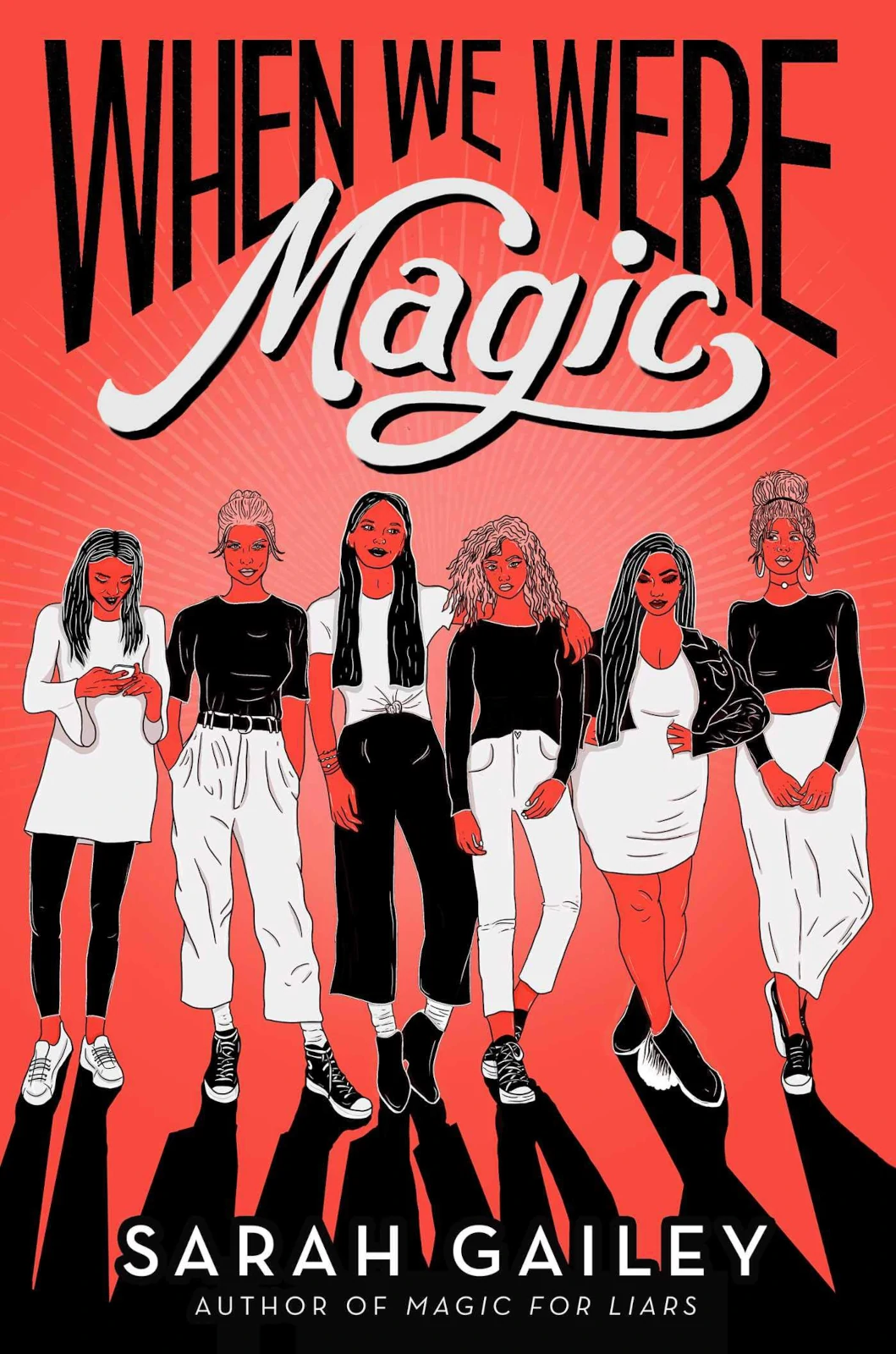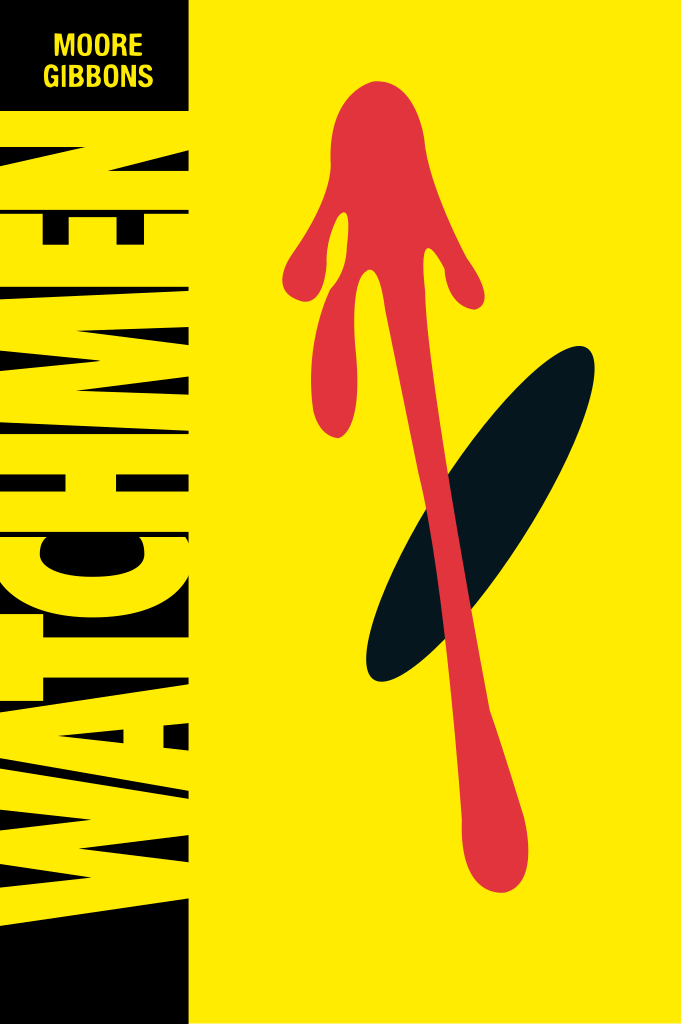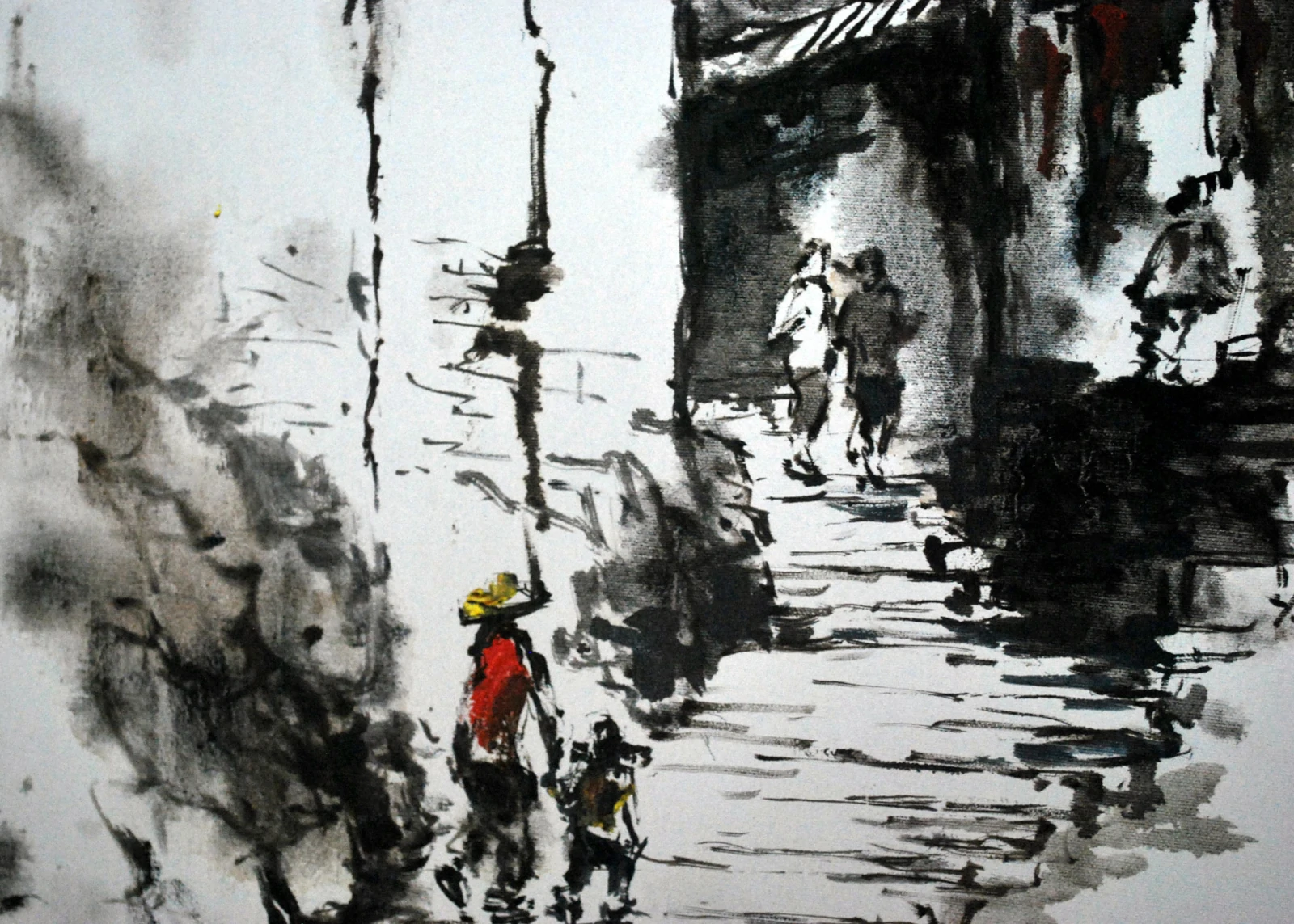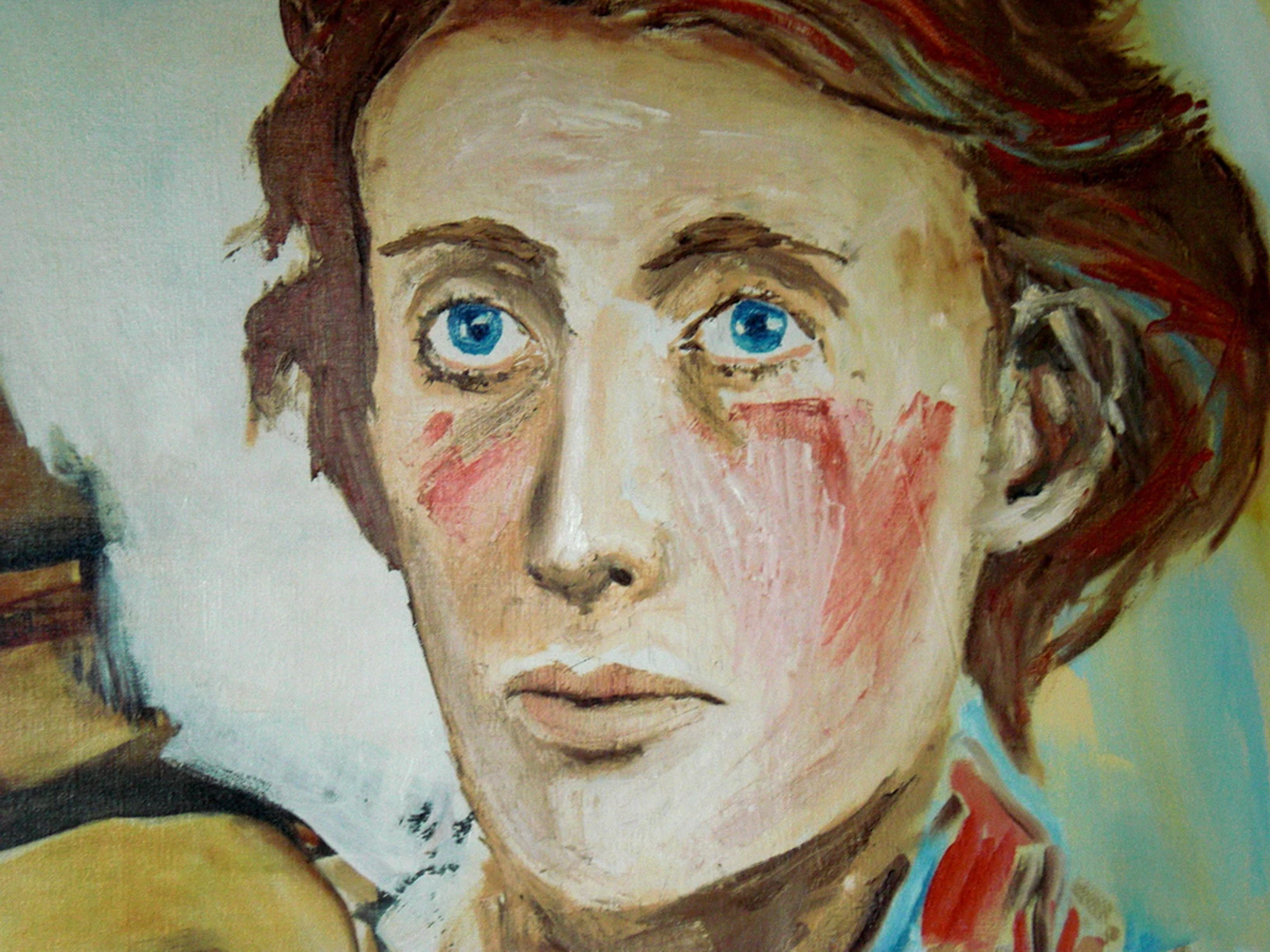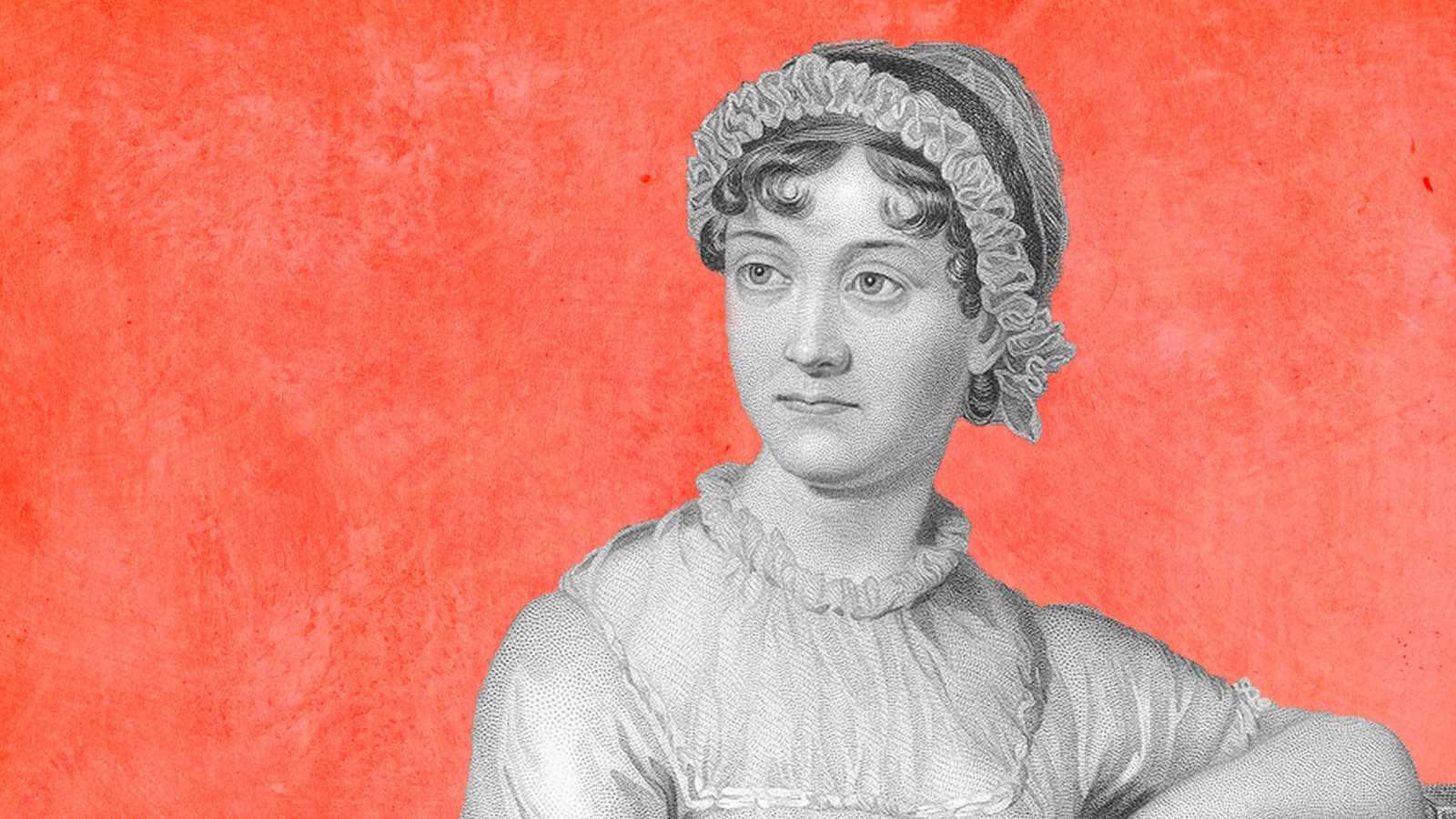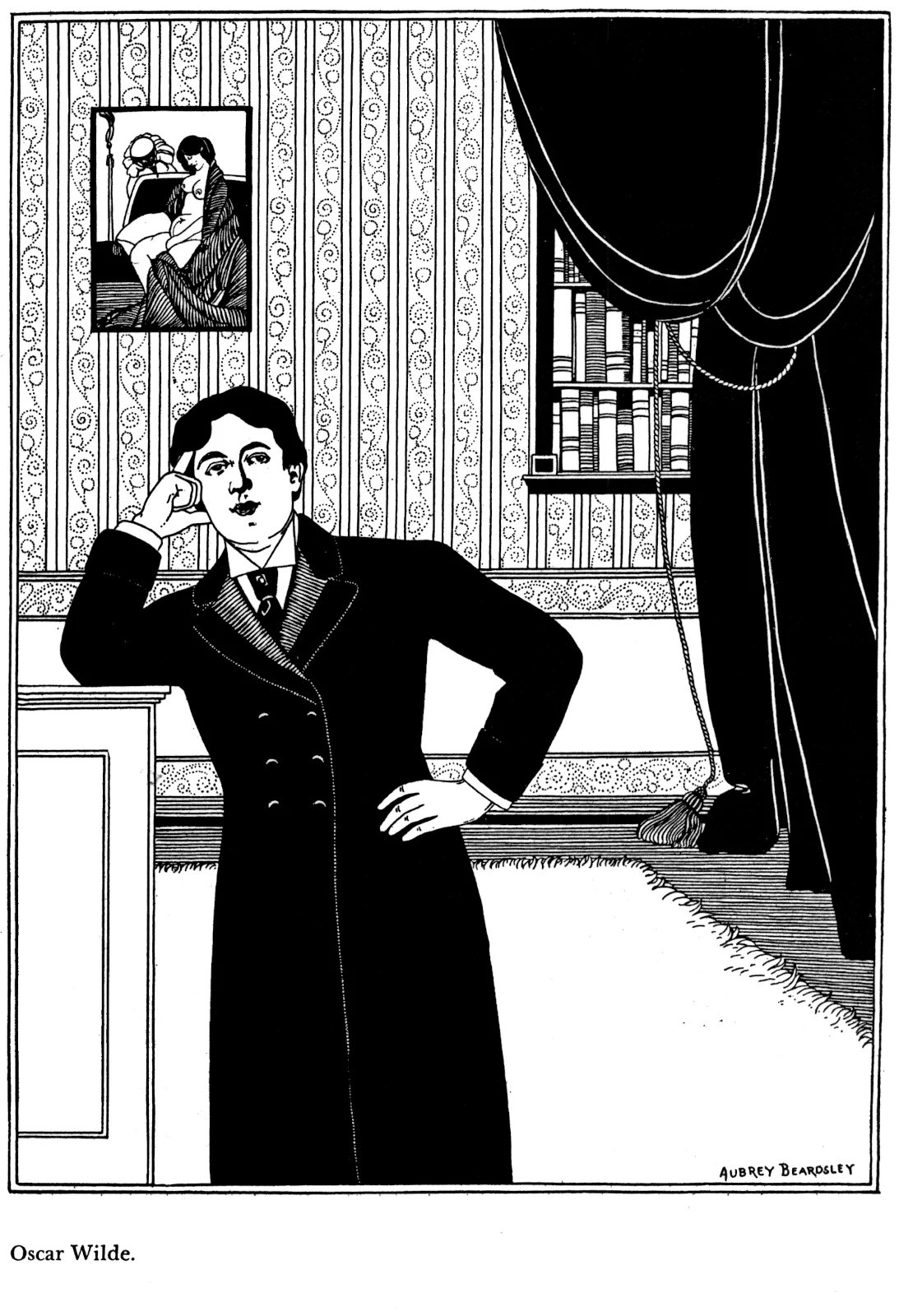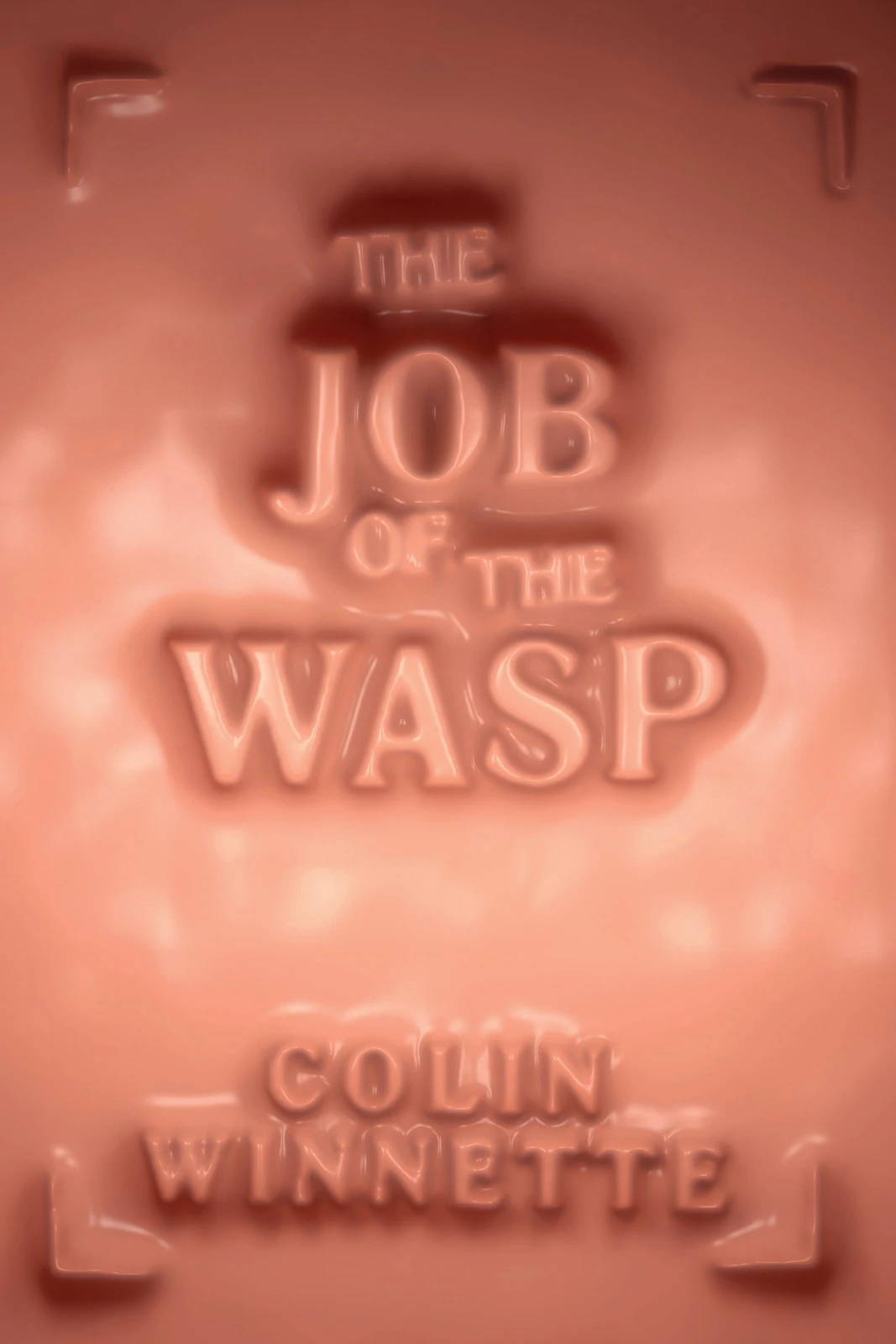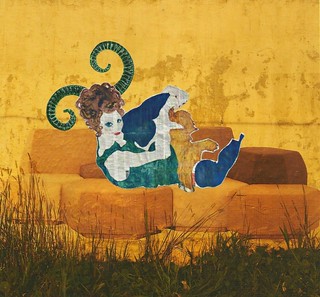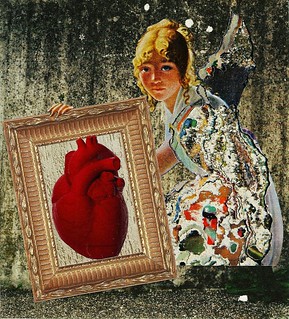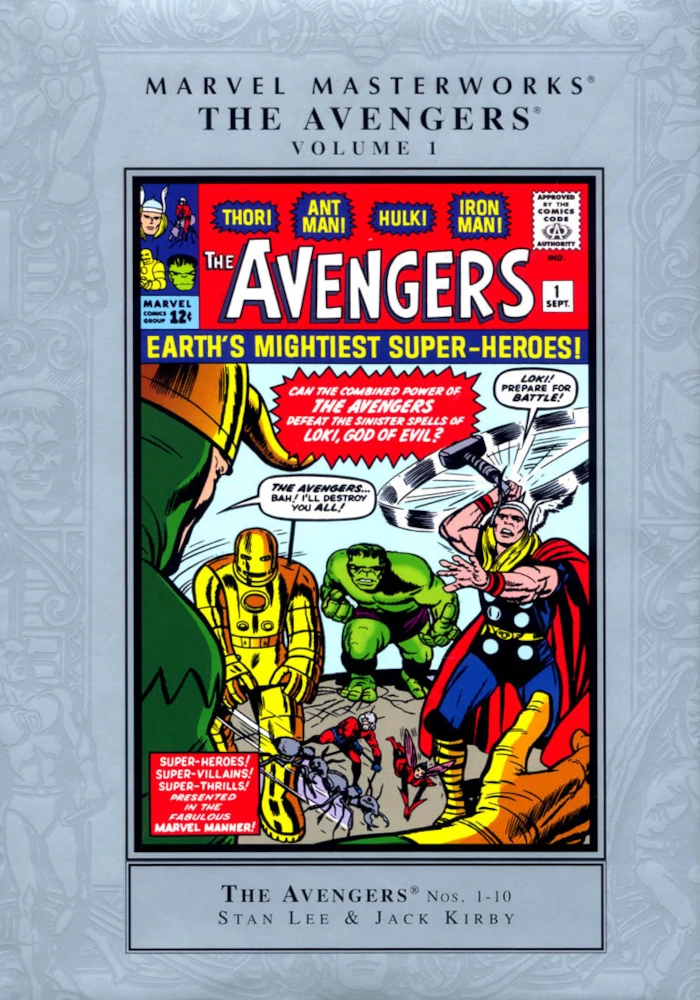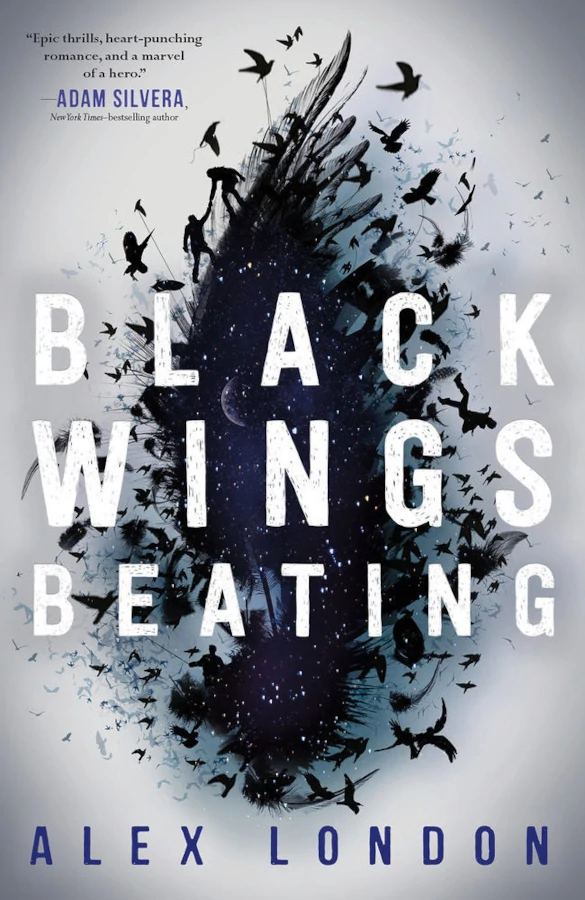Suppose
there once was an awfully vile evildoer who plotted generic devilry, made a
half-hearted attempt to monologue, but was effortlessly defeated by the
protagonist.
Villainous?
No doubt.
But
is there really any value in a villain that can’t put up a challenge?
We
want to see antagonists that have depth.
We want them to believe that they are good and thematically mirror their
conventionally heroic rivals. They show us what our protagonists could become, ultimately serving as
empathetic cautionary tales.
To
give you some idea of how truly distinct complex villains can be, I’m going to
take you through a selection of four of my personal favorites. Let’s get
started.
(Warning: Spoilers for Fables, Watchmen, A Series of Unfortunate Events, and The Magicians ahead!)
Geppetto
(Fables)
One of the great things about literature is that characters can be borrowed and reimagined. That’s exactly what Bill Willingham set out to do through his Fables series, only he didn’t adapt rich stories. Instead, he took from our simplest morality plays. His plan was to reinvent one-note characters from fables and nursery rhymes as complex people. Paste Magazine had a great interview with the creators leading up to the finale, and series artist Mark Buckingham made this astute observation: “Bill has always had a very specific way of capturing nuance and breathing new life into perhaps familiar characters.”
The
protagonist of the series is Bigby Wolf, a hard-nosed Sheriff who also happens
to be the big bad wolf from Red Riding Hood. Despite the darker elements of his
nature, he means well and fights to protect his community and the people he
loves. He runs up against a mysterious so-named “adversity” responsible for
relentlessly conquering worlds, slaughtering many fables, and driving others to
desperately search for asylum.
But
when we reach the reveal, we discover that Geppetto, that seemingly harmless
old man we know as the kindly creator of Pinocchio, was responsible all along.
His desire for family led him to create more children, only without the
rebellious spirit that drove Pinocchio to leave him—but that emptiness meant
that no number would ever fulfill him and drove him to take control of everything.
Geppetto’s journey leaves me uncertain about whether there’s something fundamentally rotten in his nature. Was he heartbroken because Pinocchio left, or because he was perceived as a secondary character? The fable is about Pinocchio, after all, even though it’s the story of Geppetto’s actions.
If
I saw a child leave, and had the power to create more, might I do it? And when
that life didn’t fill the hole in my heart, might I keep trying, hoping that
I’d eventually recapture that initial magic? It’s possible. Then imagine that I
found myself with the power to affect true
change—to radically overhaul the systems of the world. Could I resist it? I
truly don’t know.
Do
you?
Ozymandias
(Watchmen)
Watchmen is one of the most highly regarded graphic novels ever made, achieving both enduring popularity and critical acclaim (and paving the way for mainstream acceptance of the format). Its tone has much to do with this: contemplative and dark, it studies the gray area between good and evil, and Ozymandias—the primary antagonist of the piece—perfectly highlights the conflict between cold utilitarianism and comforting rule-based morality.
Born
as Adrian Veidt, the man who assumes the hero name of Ozymandias is a great
proponent of self-mastery. Despite inheriting riches, he gives them to charity
and makes his own fortune through his remarkable intellect and drive—and even
with everything he needs to live a life of luxury, he still decides to become a
costumed vigilante and fight crime very responsibly, even avoiding violence
wherever possible.
What
we learn relatively late in the story is that Veidt had grander ambitions than
simply taking a few thugs off the street. He wanted to change the world, to end
the Cold War, and bring about lasting peace—through any means necessary.
Using
technology based on Doctor Manhattan, the one true superhero of the universe,
he fabricates an otherworldly threat in the form of a bio-engineered creature
capable of mass destruction. Teleporting it to New York, he sees it kill
millions of innocents and terrify the world. Recognizing the scale of the
threat they face, the world’s superpowers lay down their arms and join
together.
Veidt
kills millions to save billions. He knows that he’ll be seen as evil, but he’s
willing to take action regardless. In his view, he’s the true protagonist: the
savior of humanity. And the brilliance of the story is that he isn’t wrong. On
the whole, his gambit probably has the potential to save far more people that
it kills—so when the morally inflexible character Rorschach plans to expose his
scheme, practicality demands that he be removed from the equation.
I’m
unsure about where my path would diverge from Geppetto’s, but I know with
certainty that I wouldn’t do what Veidt does. Would you have the stomach for
it? Perhaps most readers could imagine killing on instinct in life-or-death
situations, but his act is calm, calculated, and staggering in the scale and
magnitude of its devastation. Yet he
might be logically justified.
If
you subscribe to Veidt’s moral philosophy of rigid utilitarian pragmatism, then
good and evil come down to calculations. Lives saved versus lives lost.
Happiness versus pain. Veidt looks upon the classic thought experiments of
moral philosophy and views reluctance as weakness. Is it empathetic to struggle
with the trolley problem, or is it
cowardly?
In
another story, Veidt might have been foiled at the last second and turned into
a cackling fiend, or even talked out of his plan and narratively forced to
express regret. But the reader doesn’t get that simple solution. He delivers on
his plan, stands defiant as a noble monster, and dares you to dig deeply into
his justification—where do you draw
the line?
Count Olaf (A
Series of Unfortunate Events)
It
was the 2017 Netflix adaptation of this series that drew me into this tale, but
it was the books themselves that sold me on the universe and solidified the
absurd Count Olaf as one of my most cherished villains.
The
tale of Violet and Klaus is dark and whimsical. When their parents die in a
mysterious fire, they’re taken in by a figure who’s ostensibly a family
friend—a repugnant fellow by the name of Count Olaf. Once he reveals his plan
to marry Violet and steal their inheritance, they manage to escape.
Unfortunately,
that isn’t the end of their encounters with Count Olaf. He assumes a variety of
disguises in pursuing them wherever they go, always scheming to find new ways
to leech off their fortune. It’s a series for children, so it never gets too graphic, but there’s no shortage of
murder, violence, and other despicable activity.
Wacky adventures, silly costumes, and mustache-twirling skullduggery: it’s a good recipe for a memorable antagonist, but it isn’t what makes Count Olaf truly memorable. He could have been a one-note joke of a character, but he was built into so much more—per Jericho Writers on how to write a book, “it’s the subtleties that make characters seem human,” and the Count’s story is furnished with subtle but significant allusions to his background, his life, and his drives. He’s simultaneously abhorrent and empathetic.
Not only did his mother die in a fire, but his father was killed, and it’s implied that the Baudelaires’ mother was involved in the incident. What’s more, he was once involved with a good woman, and the fallout of his father’s death played a major role in the dissolution of any chance they had at a relationship.
Count
Olaf is a delusional man with little regard for life—but he’s also broken from
past traumas that sent him down a terrible path. He expresses some hesitation
towards the end of the series, but he sees himself as too far gone. Even so,
his dying act is to help the woman he never stopped loving, and the Baudelaires
are left conflicted about who he really was.
Olaf
particularly resonates because of the questions he raises about personal
responsibility. He loved a good woman, and was ostensibly good before he lost
his father: Might he have been redeemed had he not been written off so early as
distasteful and immoral? Despicable, comical, frightening, theatrical, and
deeply wounded, Olaf is a character destined to be revisited time and time
again.
Martin
Chatwin (The Magicians)
Lev Grossman’s trilogy of books about magicians in a world much like our own isn’t revolutionary in its concepts, but it is spectacularly well-written, stuffed with interesting characters and exploration of what makes life worth living. After reading, it immediately earned a spot near the top of my list, inspiring me as a person even as it disheartened me as a writer (how could I ever write anything a tenth as good?).
The
protagonist, Quentin Coldwater, grew up reading a series of books about a group
of siblings exploring an alternate reality called Fillory (based on the Narnia
books by C.S. Lewis). Coldwater doesn’t only discover that magic is real, and
that he has magical talent; he also finds out that Fillory is real, and the stories he adores are based on truth. Of
course, things can’t be that simple, and he soon learns that the adventures of
the Chatwin family weren’t as innocent as he’d been led to believe.
Early
on in his time studying magic at Brakebills University, he and his classmates
are attacked by a being known as The Beast: an immensely powerful magician who
disguises his identity for unknown reasons. Eventually, the truth is revealed:
The Beast is actually Martin Chatwin, one of the Chatwin siblings featured in
the Fillory books.
But the story of Martin Chatwin isn’t just about the corrupting influence of power, as was the case for Edmund Pevensie in the Narnia books (well, turkish delight also played a part). It was much more tragic. Unknown to most, Martin was repeatedly molested as a child by Christopher Plover, amateur magician and author of the Fillory books.
Martin’s
loss of innocence led to him being barred from entering Fillory (its gods no
longer considered him entertaining), which made his life even more miserable.
One day, Martin finds a way to sneak back into Fillory, and he sacrifices his
humanity to gain the ability to stay in Fillory forever. From there, he gains
power, coming to rule Fillory before he’s eventually defeated.
I
already used the world tragic, and I
think it’s perfectly appropriate here. Martin Chatwin was a kind and
well-meaning child who lost everything because his father figure abused him. He
became a monster to reclaim control: to have the power to stay in that world,
no matter what others thought, and destroy anyone who opposed him, ensuring
that he could never be abused again.
Martin
Chatwin captivates me so much because he’s a dark parallel of the protagonist.
He too loved Fillory dearly and saw it as a means to escape from a world in
which he didn’t have a place. When it rejected him, though, he made it his
obsession, fighting to keep it for eternity.
Quentin
lacks the history of abuse, but he does suffer deeply from depression, and he
also uses Fillory as a crutch—just as a story at first. When it finally becomes
real to him, he gets to make it his home for a while, only to be kicked out
much like Martin was. In the end, he must accept that there are no fairytale
solutions to his problems.
For
both Martin and Quentin, power is of limited use. Martin wins Fillory for a
time, but he seems to take no enjoyment from it. Quentin becomes a powerful
magician after an adolescence spent dreaming about magic, but it doesn’t fix
him. Quentin’s hopeful resolution comes from a place of personal growth, buoyed
by the friends that kept him from truly losing his way.
When
I go through dark times, I like to associate with Quentin: deeply flawed,
broken, and unhappy, but still holding on to a moral code, and still hoping for
better. And I can only hope that circumstances never push me to identify more
with Martin.
Each antagonist listed here is richer than your standard evildoer—more complex, more consistent, and simply more compelling—and sets an excellent example for anyone who wants to pit their
protagonist against a great challenge.
